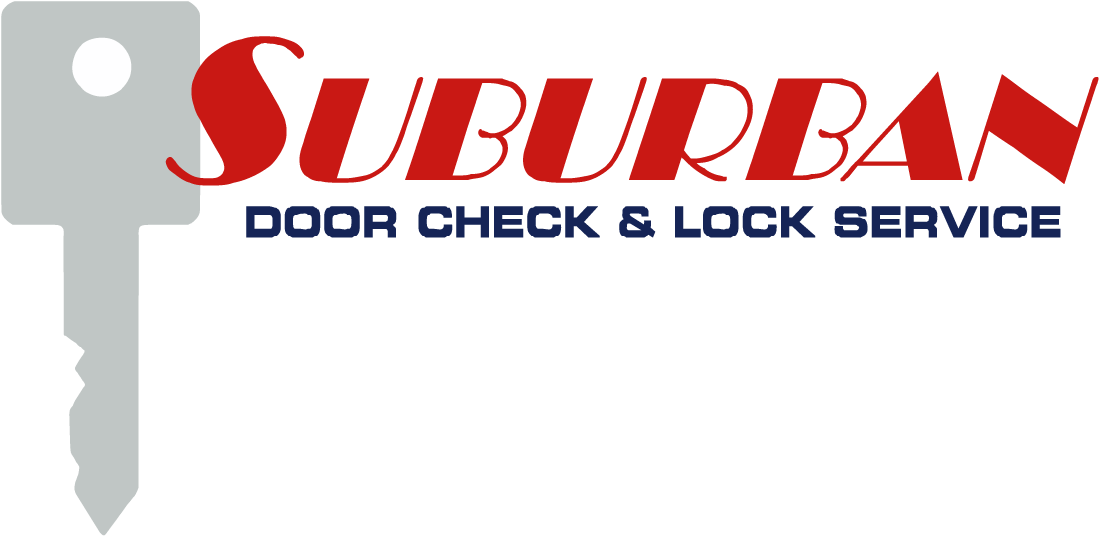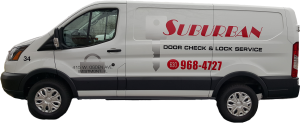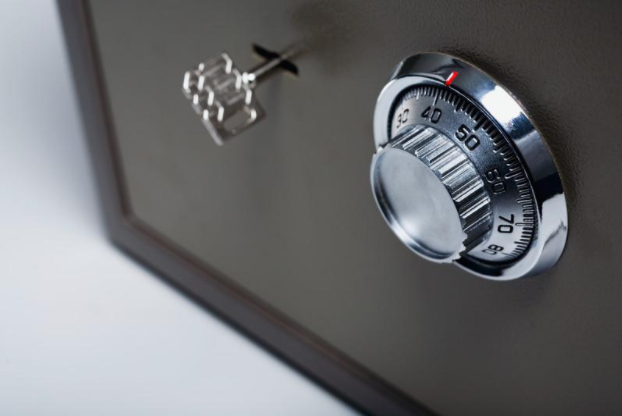The items that people tend to store in residential safes are often the last ones that should be in there. While home safes are an excellent solution for storing valuables like passports, tax returns, wills, and assorted personal treasures, there are better storage options for a variety of other possessions.
A general rule of thumb is that you should keep valuables that aren’t inventoried, documents that you rarely need, and large sums in cash in a place like a bank safety deposit box, not your home safe. On the other hand, anything of value to you, but not to a thief, should be stored in a home safe. Here is a list of items that should never be stored in a home safe.
Heirlooms and Irreplaceable Items
While residential and commercial safes do provide a certain level of fire and theft protection, no safe is able to offer a 100 percent guarantee on protecting your most valuable possessions. This is why items like precious jewelry, heirlooms, and other irreplaceable items should not be stored in a home safe. Anything that will be difficult or impossible to replace is likely of high value to thieves and thus, should be stored in a bank safety box instead.
Large Sums of Cash
It’s advisable to store a small amount of emergency cash inside of your home, but any large sums should be stored elsewhere. First of all, large sums of cash that are sitting in your home safe could potentially be earning interest if placed in a bank account or invested in the stock market. Also, don’t store this cash in a bank safety deposit box either, because FDIC insurance only covers cash deposited in bank accounts.
Sensitive Computer Data
These days, much of our most sensitive and personal data is stored on physical computer devises, such as USB drives and external hard drives. Even the safes with the best fireproof ratings can eventually let heat inside, which is especially bad for information that’s stored on computers. In contrast, a bank vault is not susceptible to extreme temperatures or magnetic interface that could erase data. Also, you should ensure that any valuable data stored on computer is backed up to a home-cloud storage system.
Infrequently-Needed Documents
One rule of thumb is that, if you might need to access an item outside of bank hours, it should be stored in a home safe. On the other hand, there’s no need to store items that won’t frequently need in your home safe. Items that fall into this category include property deeds, car titles, photo negatives, videos or photos of belongings for insurance purposes, and savings bond certificates.
Work with a Family-Owned Oak Book and Hinsdale Safe Company
If you’re looking to equip your home with the newest and most secure residential safe in Oak Brook and Hinsdale, Suburban Door Check & Lock Company has a wide selection of safes. Our home security experts are happy to advise you about what objects should and shouldn’t be stored inside of your home safe, as well as help you pick out a safe that’s right for your living situation and needs. Contact us today at 630-968-4727 for more information.





Recent Comments